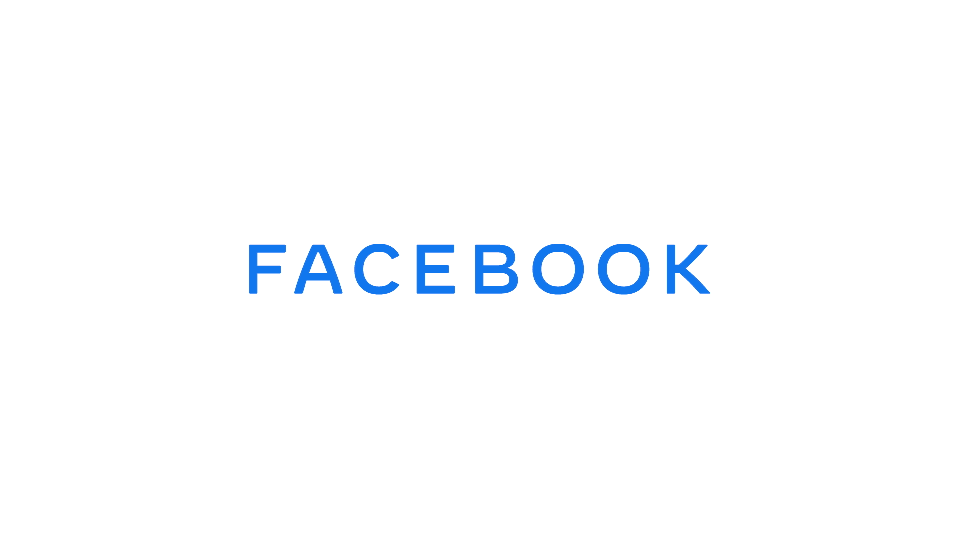The longstanding fight over news ownership in Australia has lead to Facebook blocking Australian users from sharing any local news on its platform. This comes just after Google signed a multi-million dollar deal with Aussie publishers that will permit the company to make use of their editorial content on its platform.
Thanks to the Australian government’s News Media Code, social media platforms like Google and Facebook would essentially need to pay to link to any news content produced in the country. It’s important to consider that, up until the birth of the online social media network, republishing editorial content came at a cost.
Facebook’s high road
The social network has summarily decided to pull all Australian news posts from its platform. “News sites, including Guardian Australia, show no posts on their Facebook page as of Thursday morning,” The Guardian reports.
According to the report, Facebook very publicly threatened to not allow any news posts on its platform if the Australian government took the News Media Code route. More interestingly, its decision to pull news posts this week wasn’t communicated to authorities, with users on the platform complaining of error messages when trying to post news.
It’s an extreme solution to an issue that could possibly go global, especially considering the uproar it has caused among media worldwide. If traditional media ethics was followed, platforms like Google and Facebook would find themselves paying for the privilege of using news content, no matter where it’s from.
“The proposed law fundamentally misunderstands the relationship between our platform and publishers who use it to share news content,” says Will Eaton, Facebook’s Australian and New Zealand managing director in a blog post. “It has left us facing a stark choice: attempt to comply with a law that ignores the realities of this relationship, or stop allowing news content on our services in Australia,” the blog post reads.
“With a heavy heart, we are choosing the latter.”




